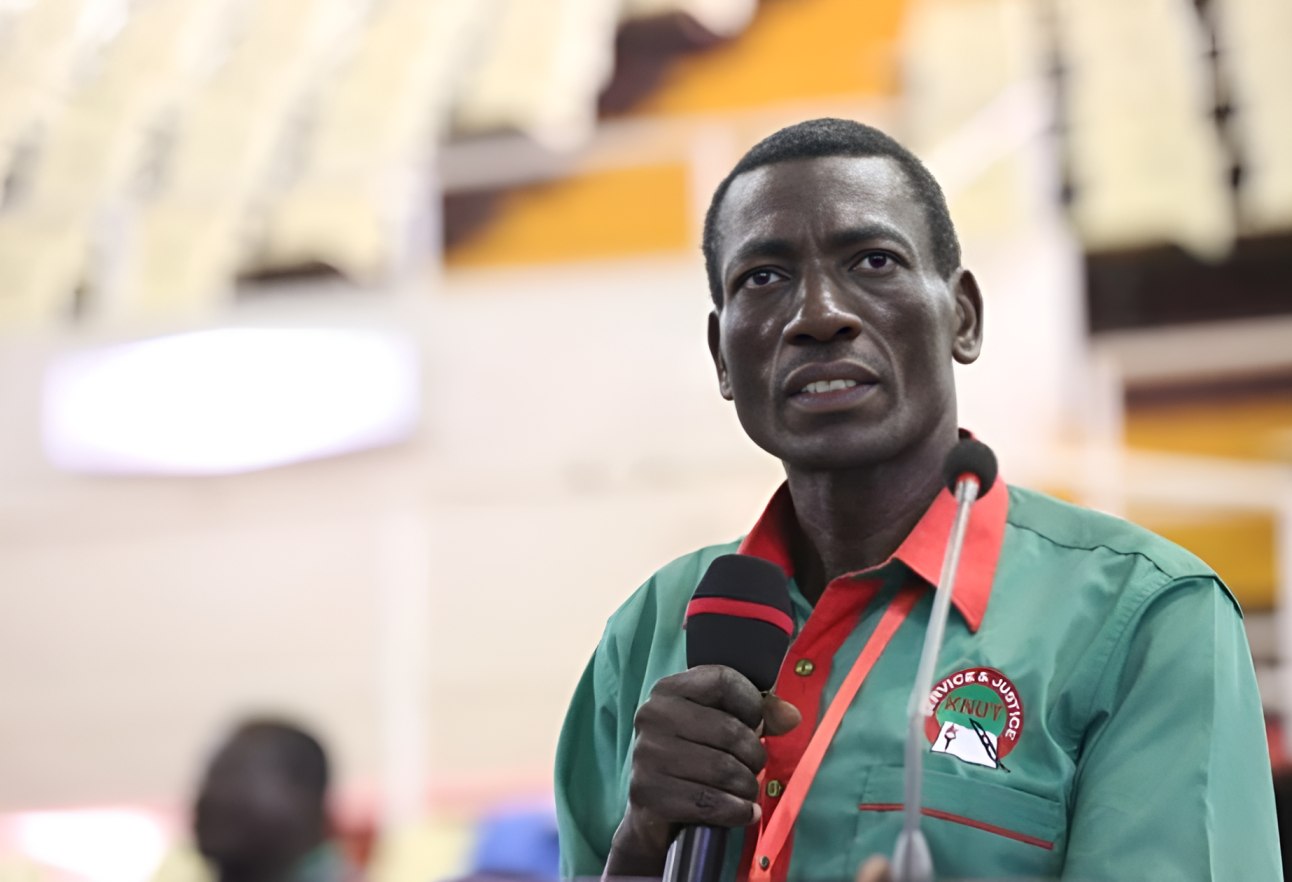A sharp contest has emerged between two top teachers’ unions, KNUT and KUPPET, over the representation of 46,000 Junior School (JS) teachers.
The growing dispute places more than Sh40 million in monthly agency fees at the center of a fierce standoff.
KNUT argues that since the JS teachers work in primary schools, they automatically fall under its umbrella.
The union’s Secretary-General, Collins Oyuu, said the posting location determines which union a teacher belongs to.
"The JS teachers are in primary schools, which fall under Knut’s jurisdiction and not secondary schools, which is our sister union Kuppet’s grounds," he said.
Oyuu went further to claim that the Teachers Service Commission (TSC) has been acting improperly by directing the JS teachers' agency fees to KUPPET.
He suggested that the move was meant to weaken the solidarity between the two unions.
"We are currently driven by the Presidential Working Party on Education Reforms, and the recommendation therein has no junior secondary school, but JS. It is a position recognised by the government. The JS teachers are in the primary section and fall under the purview of KNUT," he added.
The ongoing disagreement has its roots in the broader competition for union influence and financial strength.
With each union eager to boost its numbers, the fight for the JS teachers’ allegiance has intensified.
Oyuu pointed out that the Labour Relations Act is clear about union membership, stating that it must be based on a formal sign-up, which he said has not taken place for the JS teachers under KUPPET.
"The law is very clear on the membership of a trade union by teachers. The Labour Relations Act states that one becomes a member of a union by filling a membership form, which has not happened in the current case," Oyuu said.
He also cited the basis for union jurisdiction.
"The constituency of a union’s membership is based on where one’s services are domiciled. If your services are domiciled in primary school, you are a member of KNUT, and if you are in secondary, you are a member of the Kuppet," said Oyuu.
Section 49 of the Labour Relations Act allows unions to collect agency fees from workers who benefit from a CBA, whether or not they are formal union members.
Since February, TSC has been deducting Sh859 monthly from each JS teacher and sending the funds to Kuppet.
In a move seen as a bid to attract the JS teachers, Knut has introduced leadership positions for them at all levels of its operations, from branches to the national body.
KUPPET, however, remains firm. Acting secretary-general Moses Nthurima said the JS teachers are already part of their union and will continue to be represented there.
"Even in our leadership order right from the grassroots to the national level, we have slots for JS teachers," said Nthurima.
As the leadership of both unions digs in, the battle for control over the JS teachers seems set to escalate, with possible ripple effects for union politics in the education sector.

